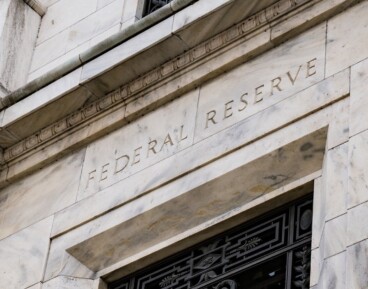German automotive industry at a crossroads
Kategoria: Business
News that the US only created 169k jobs and the last two-months were 74k weaker than previously disclosed has some observers thinking twice about whether the Fed will taper at the FOMC meeting later this month. The dollar has come off and the US Treasury yields have fallen, which is helping to trigger a global bond market rally. The unemployment rate slipped to 7.3%, though again this reflects a decline in the participation rate (63.2% from 63.4%).
Mitigating some of the impact of the disappointment are three considerations: hourly earnings rose more than expected at 2.2% year-over-year and the July series was revised to 2.0% from 1.9%; average weekly hours ticked up to 34.5 from 34.4; and manufacturing added 14k workers after a revised 16k loss in July.
In contrast, Canada had a strong jobs report, creating almost 3x the number of jobs the consensus had expected (59.2k vs 20k expected). However, the bulk were in part-time jobs. Full time positions grew 17.4 k after losing 18.3k in July.
Given the string of favorable US data this week, the market has been caught leaning the wrong way. However, it is probably a bit of an exaggeration to link too tightly one high frequency report to the Fed’s tapering decision. Its general assessment of the economy is unlikely to have been altered by this volatile report. That said, we remain concerned about the Fed disappointing expectations, either already discounted, or less tapering or offset by guidance driving home the point tapering is not tightening.


